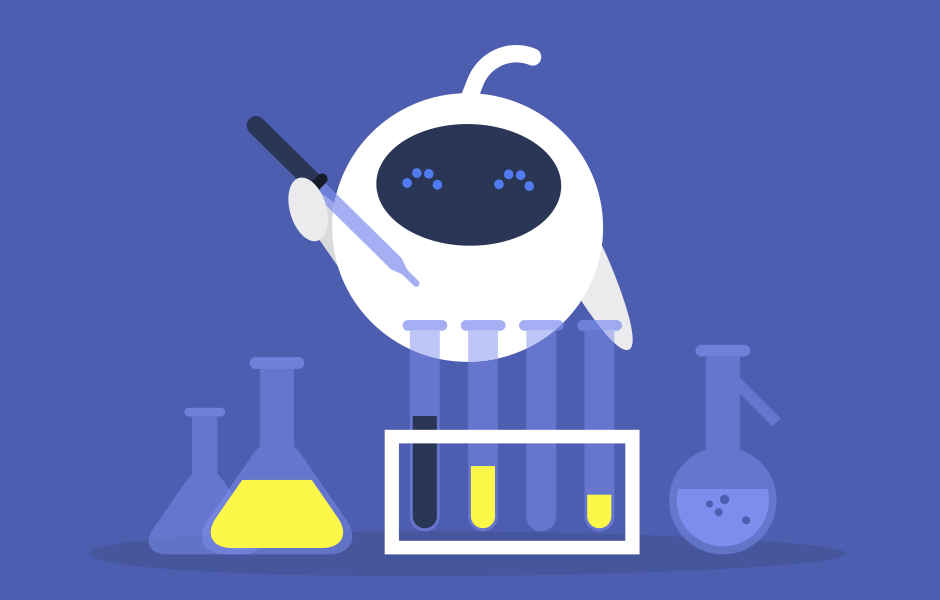Eli Lilly has launched Lilly TuneLab, an artificial intelligence platform that gives biotech companies access to drug discovery models built using more than $1bn worth of proprietary research data. The aim is to accelerate the development of breakthrough medicines.
The new initiative – part of Lilly’s broader Catalyze360 programme – leverages decades of experimental data covering drug disposition, safety and preclinical science, and is intended to “level the playing field” by equipping smaller biotechs with tools typically reserved for large pharmaceutical firms.
“Lilly TuneLab was created to be an equalizer so that smaller companies can access some of the same AI capabilities used every day by Lilly scientists,” said Daniel Skovronsky, Chief Scientific Officer, Eli Lilly. Selected partners will contribute their own training data to the federated learning platform, ensuring privacy while driving further model improvement.
Nisha Nanda, Head of Catalyze360, Eli Lilly, added: “With Lilly TuneLab we’re not just sharing resources, we are also compressing decades of learning into instantly accessible intelligence. Through this platform, we can help our biotech partners unlock novel scientific insights, make smart development decisions earlier, and increase their likelihood of success.”
Built in collaboration with global technology providers, the platform comes at a time when AI and machine learning are becoming increasingly important in drug discovery. Alongside Lilly, other large companies are choosing to share their AI infrastructure with smaller organisations to promote scientific progress.
In the past year, Roche introduced its Digital Health Accelerator to upskill partners on its proprietary AI systems, while Sanofi expanded access to its AI-enabled research collaboration platform. Novartis also opened its AI innovation hub to third‑party biotech firms in early 2025, generating extensive interest across the sector.









